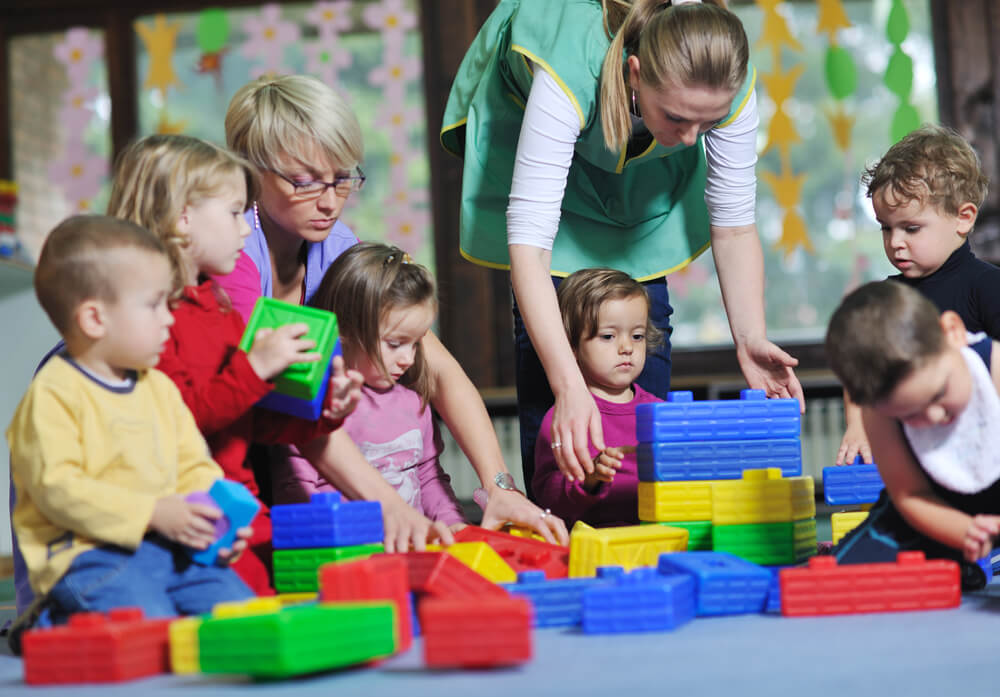
Knowing when your child is ready for preschool is a difficult challenge for many parents, mainly because there are not any definite indications of readiness. However, here are a couple of things that The Heritage Learning Center thinks every parent should look for!
P.I.E.C.E.S.
One of the best ways to figure out if your child is ready for preschool is to follow the acronym PIECES. If your child hits all the marks of this acronym, then they are prepared for Pre-K!
“P”- Potty Trained
Some programs require this, and some don’t. If your child is three years old or younger or has special needs, schools will not expect potty training. However, for older children or public programs, your child must be out of diapers. However, if they still have accidents or need help once in a while, that’s okay at this age!
“I” – Independent
Don’t worry, preschool programs don’t expect your child to know how to do everything, but a little independence is key. Most programs will expect your child to share and interact with other children without constant assistance from an adult.
“E” – Expressive
This means the child itself should be able to express their feelings and needs through communication, both verbal or nonverbal. It also means they should be able to understand other’s expressions. For example, when the teacher tells them to sit down, they should know what they are being asked to do.
“C” – Concentration
Activities in preschool usually last anywhere from ten to twenty minutes, so the expectation is that your child can focus or play or listen for this long without getting too distracted. A little distraction is expected because the child is still learning and developing, but the ability to focus helps them get the most out of preschool.
“E” – Emotionally Ready
We know your child might be upset their first day when you leave them, but they will adjust. Eventually, they will start making friends and be excited to come to school!
“S” – Stamina
Preschool takes a lot of energy! Typically, kids only get one or two short naps at school. So, if your child is taking multiple long naps during the day, you may want to adjust their nap schedule. This will prepare them for the higher levels of activity in preschool.
Questions to Ask Yourself
Another way to determine your child’s preparedness for preschool is to ask yourself a few questions about your child.
- “Does he/she follow directions?” – A lot goes on in a preschool setting, and children are often asked to help pass out snacks or clean up or sit down. If the answer to this question is no, you can start giving your child simple tasks or chores around the house to practice.
- Can you understand what they’re saying?” – Perfect communication is not expected, but short sentences that can describe an activity, such as going to the library, are signs of healthy, developing communication skills. If you suspect a speech issue, contact your pediatrician for some recommendations.
- “Have they been away from you before?” Separation anxiety on the first day is typical. However, if your child has never spent time at a daycare or with a babysitter and is with you all day, you might want to practice this before sending them to preschool.
Our experts at Heritage Learning Center hope that this short guide will help you determine if your child or children are ready for the big step into preschool. It can be scary, but we know that you and your child can do it with the right help and tools! If you need help finding resources or preparing your child for preschool, please contact Heritage Learning Center. Our experts are devoted to helping your child develop and have fun in the process!




